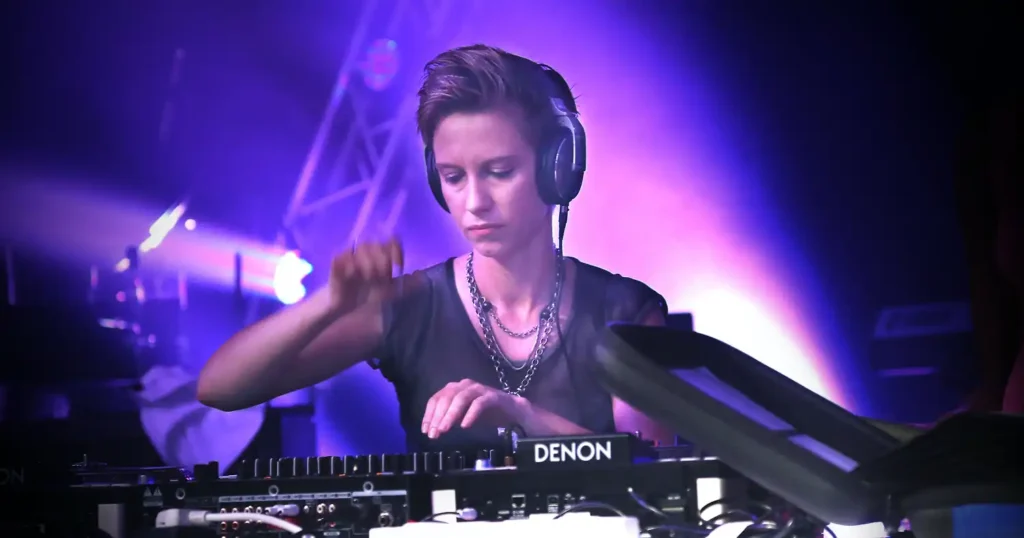Music licensing refers to the process of obtaining permission to use copyrighted music for various purposes such as film and television soundtracks, commercials, online streaming, and live performances. There are various types of music licenses, each governing different ways in which the music can be used.
One of the most common licenses is a synchronization license, which allows someone to use a musical composition in synchronization with visual images, such as in a movie or TV show. Another type is a mechanical license, which is required for the reproduction and distribution of copyrighted songs in the form of CDs, digital downloads, and streaming music. There are also performance licenses that allow for the public performance of music, such as in live concerts or on the radio.
In order to obtain a music license, the individual or organization seeking to use the music must contact the copyright holder or their representative, such as a music publishing company or a performing rights organization (PRO). The terms of the license, including the duration, territory, and fee, are negotiated between the licensee and the rights holder. Once an agreement is reached, a license is granted, and the licensee is legally permitted to use the music in the specified manner.
Music licensing is important for both copyright holders and music users. For rights holders, licensing provides a way to monetize their music by granting permission for its use in various media and platforms. This can be a significant source of income for songwriters, composers, and music publishers, especially with the rise of digital streaming services and online content.
For music users, licensing ensures that they have the legal right to use copyrighted music without facing potential lawsuits or fines for infringement. It also provides a way to compensate the creators and rights holders for their work, supporting the continued creation of new music.
There are several key players involved in the music licensing process. Music publishers represent the interests of songwriters and composers and are responsible for granting licenses for the use of their copyrighted music. They work with PROs to collect and distribute royalties to their affiliated songwriters and composers.
PROs, such as ASCAP, BMI, and SESAC in the United States, administer the public performance rights of musical works on behalf of their members. They collect licensing fees from music users and distribute royalties to their affiliated songwriters, composers, and music publishers based on the performances of their music.
In addition to traditional music publishers and PROs, there are also music licensing companies and digital aggregators that specialize in clearing rights and obtaining licenses for various uses of music. These companies often have vast catalogs of music and established relationships with rights holders, making it easier for music users to obtain the licenses they need.
The rise of digital platforms and streaming services has significantly impacted the music licensing landscape. With the proliferation of online content and the shift towards digital consumption of music, there is a growing demand for licenses to use music in these new media formats. This has led to new challenges and opportunities for rights holders and music users alike.
Overall, music licensing is a complex and essential aspect of the music industry, ensuring that creators are compensated for their work and that music users have the legal right to use copyrighted music in their projects. By navigating the licensing process and obtaining the necessary permissions, both rights holders and music users can benefit from the value of music in a variety of media and platforms.


